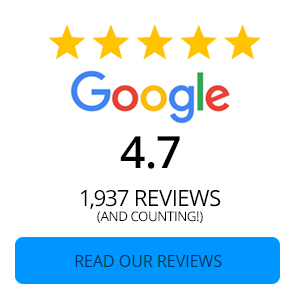By now, you've probably heard all about your credit report and understand that it's important to check yours at least once a year, to make sure there are no errors or other big issues. But, there's another report out there that can affect your finances and options. It's the Comprehensive Loss Underwriting Exchange (CLUE) Report.
If you've never heard of it until now, you're not alone. According to Bankrate, a recent survey found that more than 80 percent of people didn't have a clue about CLUE reports. But as they say, knowledge is power, so the more you learn about CLUE reports, including how to get your hands on one, the better off you'll be.
What's on the Report
A CLUE report contains information on the insurance claims you've filed on a property, usually a home or car. The report includes the type of claim, the amount paid towards it, date of the claim and whether your insurance company denied it or not. Claims remain on the report for seven years. That means that your report might be blank if you didn't file any insurance claims for the past seven years. Your report might also be empty if your insurance company doesn't report claims to CLUE.
It's important to note that only property or cars you currently own will show up on your report. If you are considering buying a house and are wondering about its insurance claim history, it is up to the current owner of the house to decide to provide that information or not. The same is true of a car.
How a Report Helps You
The information on your report can help and hurt you. Insurers look at your report before making you an offer of coverage. If you have a lot of insurance claims on your current car or property, you're likely to wind up paying a higher premium than you would without any claims. Should you try to switch insurance providers after an auto accident, in hopes of getting a lower premium from the new company, the new insurer will look the report and see the claim. You might not get the lower premium you wanted.
The information on your report can come in handy if you are trying to sell your home or car. You can provide prospective buyers of your home with a copy of the report so that they can see that your home hasn't had any major damage or so that they can see what damage did occur and how insurance covered it. While the report will tell people what type of damage occurred, it doesn't disclose where in the home it happened.
Checking Your Report
The Fair Credit Reporting Act not only gave you access to your credit report, for free, once a year from annualcreditreport.com. It also gave you access to a free copy of your CLUE report once a year. You can request your copy from LexisNexis, a large database company. You can request two reports: an auto report, which has claim information about your cars, and a personal property report, which has details about your home.
Just as credit reports sometimes contain errors, a CLUE report might have inaccurate information. That's why checking it yearly is important. If you spot something wrong or an error, you can contact LexisNexis to dispute it.
Two more things that are important to know about a CLUE report. The information on one won't interfere with your ability to get a mortgage or car loan. Also, the details on the report shouldn't sub in for a full home inspection when you're considering buying a home. You still want to hire a neutral, third party home inspector to make sure there are no major issues with the property, which the current owners might not have filed a claim about.
If you are getting ready to buy a home or car, contact Coosa Valley Credit Union today to learn more about the loan programs we offer for buyers.

